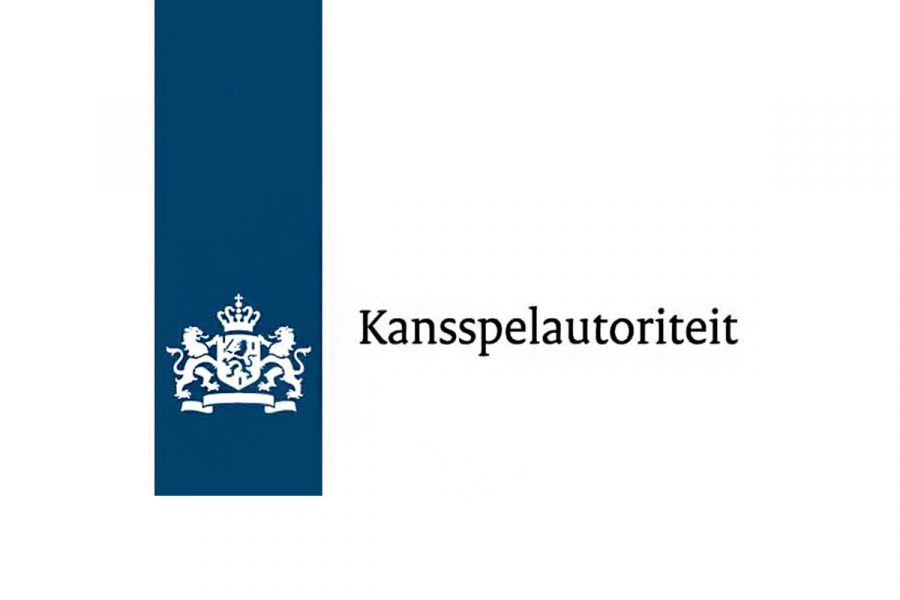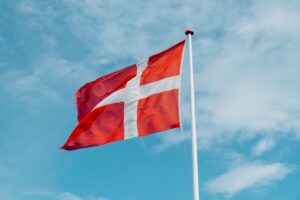Dutch gambling regulator finalises rules on player exclusion

The KSA has published its final rules on the involuntary exclusion of players with gambling problems.
The Netherlands.- The Dutch gambling regulator, Kansspelautoriteit (KSA), has published its rules on the involuntary exclusion of players from gambling.
Under the new Dutch Remote Gambling Act, third parties including family members, employers and gaming operators can ask for individuals to be added to CRUKS, the Netherlands’ self exclusion register, if they suffer from problem gambling.
The Netherlands’ regulator opened the Dutch online gaming licensing process for the newly regulated market on April 1, and the market is due to go live on October 1. Operators will have to check all players against the CRUKS exclusion register when the market goes live.
See also: Netherlands gambling levies to rise from October
According to the KSA’s new rules, one of the conditions for registration of a third party on CRUKS will be that the measure should prevent financial social or personal damage to the player. The measure should be used only as a final resort when other, less drastic measures would be effective in reducing harm.
See also: Dutch regulator opens consultation on information sharing rules
CRUKS is accessed through the Netherlands’ DigiD system, a form of online ID used for access to online services and government websites.
When a player registers with a new online operator or goes to a land-based casino, they will have to enter their public service number, which generates a CRUKS code. If the code matches a code on the list of self-excluded players, the player must not be allowed to play.
Third parties may apply to register a player on CRUKS electronically or by post. They must explain their relationship with the player and why they’re requesting the exclusion.
KSA will then begin an investigation into the player’s gambling behaviour and its effects. This will include investigating financial loss, personal damage such as a neglect of health, the impact on the player’s family and on social contacts.
The KSA may seek expert advice on whether to add a player to the register. Players themselves will have the chance to give their opinion on the matter, both in writing and orally.
KSA noted that involuntary registration on CRUKS was a final resort in a staggered model of intervention that included many less invasive options. Operators must ask for KSA to add players to CRUKS if less intensive interventions do not work and the player ignores advice to register with CRUKS voluntarily.











